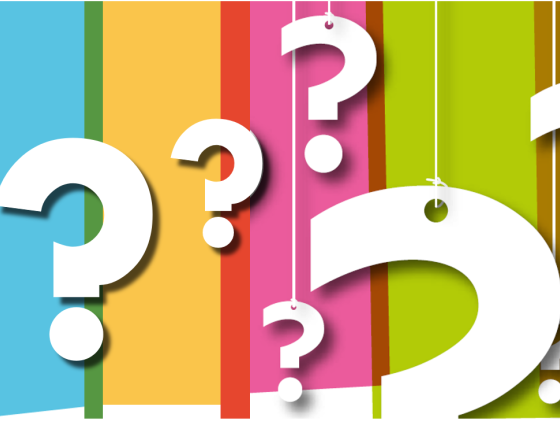
What is a degree?
Degrees give an in-depth understanding of your chosen subject area.
What are degrees?
The most popular degree is an undergraduate degree known as a Bachelor’s Degree or Honours Degree. They normally take three to four years to study (architecture and medicine take longer). Students usually study for a degree after they have taken their A levels or other level 3 qualifications.
These degrees give a very in-depth understanding of your chosen subject area. You learn during lectures and seminars, and sometimes in practical laboratories, depending on the course.
Degrees are assessed by a mix of exams, assignments and projects. Sometimes there is the opportunity to study abroad or to have a year working in an industry in your chosen field.
Degrees can be taken in hundreds of subjects in Universities or Higher Education establishments across the United Kingdom and abroad.
Degrees are graded just like GCSEs and A levels
The degree classifications are:
- First-class honours (often called a 1st)
- Second-class honours, upper division (often called a 2:1)
- Second-class honours, lower division (often called a 2:2)
- Third-class honours (often called a 3rd)
- Ordinary degree (often called a pass)
Most degrees require applicants to hold A levels or level three vocational qualifications.
Unlike education up until the age of 18, not all university degrees are free; in fact, most school leavers wanting to do degrees will have to pay for them. In England students do have to pay
for their degrees, at varying prices. Most school leavers take out a student loan to cover these, which they pay off over a number of years, at a rate linked to their income. Gaining a degree is a great way to gain knowledge in your chosen field. Not only will further education help with your own personal development, it will also enhance your career opportunities.
How to apply
You have to apply to a University via UCAS to do a degree. Normally this is done by the January before you want to start University. You apply through a central system choosing five Universities and the degrees that you want to do. You will then be sent offers from the Universities explaining that you need a certain amount of UCAS points . You then choose your preferred University and a backup
choice. Once you get your A level results that will decide which University you go to to study for for your degree.
What can I do after my degree?
After a degree you can:
- study for a postgraduate degree
- take a gap year. Many students like to take a gap year after they have finished their degree so they can travel or take a job
- find an internship. An internship is a period of work experience, offered by an organisation, lasting for a fixed period of time anywhere between a week and 12 months
- find a graduate job. Many companies offer graduate training programmes where you will learn more skills and have training
- find an apprenticeship. Now that you have your degree you could find a level 7 (postgraduate)
- apprenticeship
- start your own business. You will have picked up lots of skills during your studies and you may be in a position to start your own business
Documents to download


 Facebook
Facebook X
X Email
Email WhatsApp
WhatsApp Messenger
Messenger